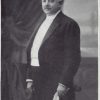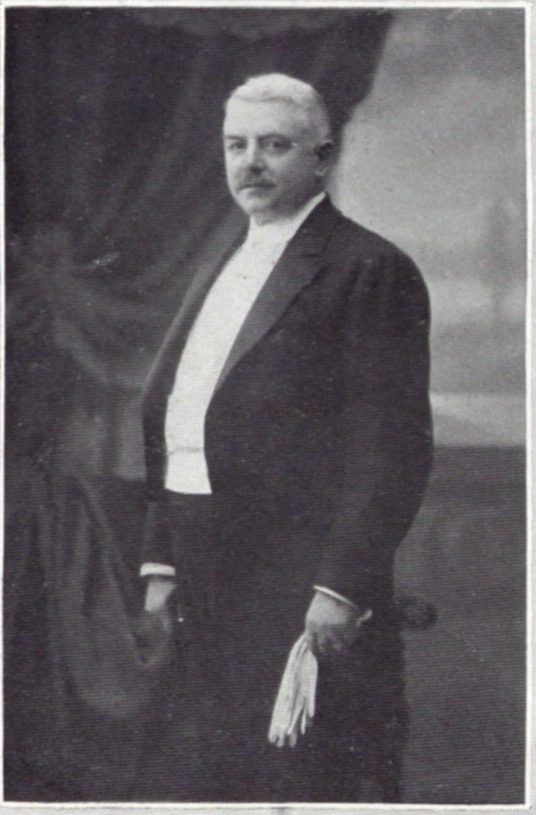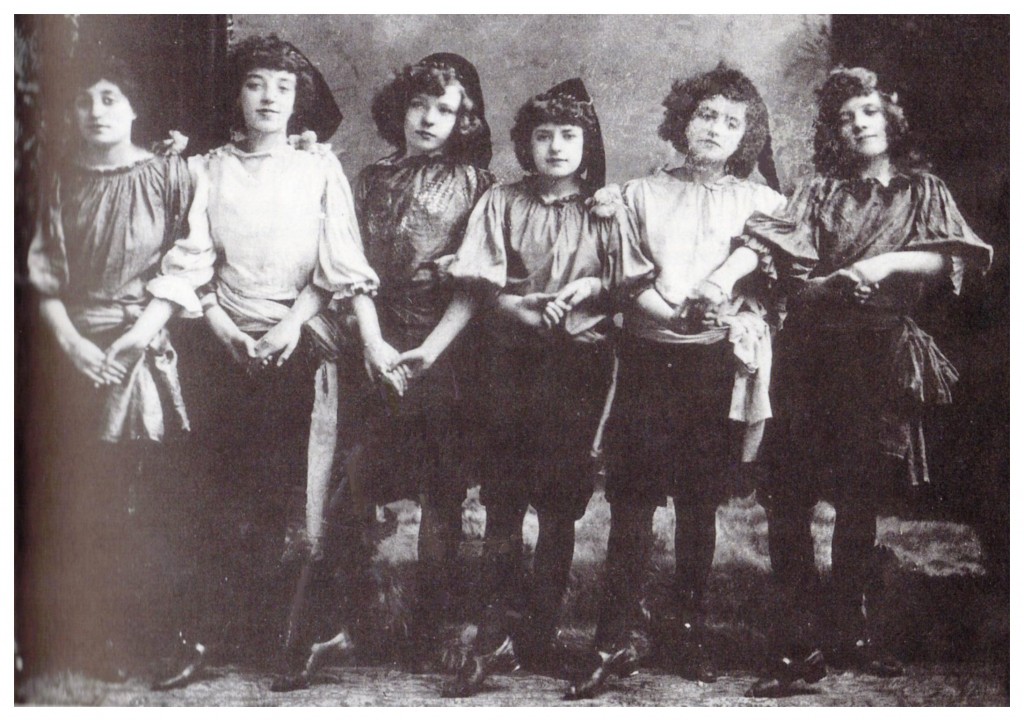Home › Forums and Archive › John Tiller › John Tiller
- This topic has 0 replies, 1 voice, and was last updated 10 years ago by
 admin.
admin.
-
AuthorPosts
-
January 7, 2015 at 12:06 pm #170
 adminKeymaster
adminKeymasterJohn Thomas Ibbotson Tiller
Date of Birth: 13th June 1854, ManchesterJohn Tiller always had a keen interest in music. He was always a perfectionist to the point where very few people could live up to his standards. At ten years old he became a choirboy and with his desire for perfection, he achieved the position of choirmaster by just fourteen years of age. His obsession with neatness and cleanliness were to earn him the excellence for which he would later be renowned.
He took music lessons with a tutor named Dr Hiles, who later went on to be Professor of Harmony and composition at the Royal Northern College of Music.
One of John’s uncles, John George Tiller, owned a very successful cotton agency, (one of the largest in Manchester) and was very wealthy. With a huge house and servants, John made up his mind that he wanted a similar life style. He got on very well with his uncle who took him into the family business and treated him like a son. During the day John worked in the cotton trade and after work he devoted himself to music and acting. He had a very forceful character and soon progressed to management in the cotton industry and was well known in the local area for his insatiable appetite for life.
At nineteen, one of his girlfriends (Mary Carr) told him she was pregnant and although he was still very young, he married her and went on to father ten children in eleven years. By this time John was a full partner in the cotton business and he was living in a large house like his uncle.
He also pursued his theatrical ambitions and became stage manager of an amateur theatrical group made up of local business people who would perform a minstrels act in Manchester theatres.
In 1885, John became director of the Comedy Theatre Manchester and during the same year he began teaching children to dance. His early pupils practiced for hours every Saturday afternoon amongst the bales of cotton in one of the firm’s warehouses. He also taught at his home, despite his wife’s disapproval.
His first dance performances were at small, local church dances, and due to his position as director of the Comedy Theatre Manchester, he was able to arrange for his young dancer troupe to have a place in the theatre’s Christmas pantomime, (his first real performance although not credited at the time).
It was around this time that everything went wrong for him in his uncle’s business. His uncle’s son, John’s cousin, was now old enough to work and was brought into the family business. His uncle also took to drink and became an alcoholic. John had a huge argument with his uncle that ended in a violent quarrel. John stormed out, set up his own business and never spoke with his uncle again.
John Tiller carried on presenting dancers in an amateur capacity. With this taking up more and more of his time, it made it hard for him to concentrate on making a living in the cotton industry. By this time his real interest was with the theatre and dance and he was getting bored with an industrial career. In 1890 John was asked to present a quartet of children for the pantomime Robinson Crusoe at the Prince of Wales Theatre, Liverpool.
He chose four of his best Manchester pupils, all aged about 10 years; Dolly Grey, Tessie Lomax, and twins Cissy and Lilly Smith. They were chosen as they were all the same height and had the same very slender shape with dark hair. He worked with them relentlessly repeating every movement time and time again and drilling them until they were perfect. He worked them so hard that at times they were so exhausted they had to be carried home by their parents, their feet too blistered to walk.
John was striving for absolute precision in dance. These were the first of thousands of Tiller Girls where every movement had to be perfect and every turn had to be simultaneous. The routine was not the high-kicking dance for which they were later to be remembered.
He rehearsed them in a burlesque routine and a “Coconut Dance” popular at the time. The pantomime lasted for three months with every show generating glowing reports in the newspapers and receiving awards for the girls and their manager. The fee received for this only barely covered expenses and costs. This first experience helped John make up his mind to become a professional manager.
John’s wife Mary died of cancer in 1905 and a year later he married Jennie Walker. Jennie went on to be very involved in the running of The Tiller Schools until her death in February 1936.
-
AuthorPosts
- You must be logged in to reply to this topic.

 John Tiller
John Tiller 1891 Tiller Girls
1891 Tiller Girls
Recent Comments